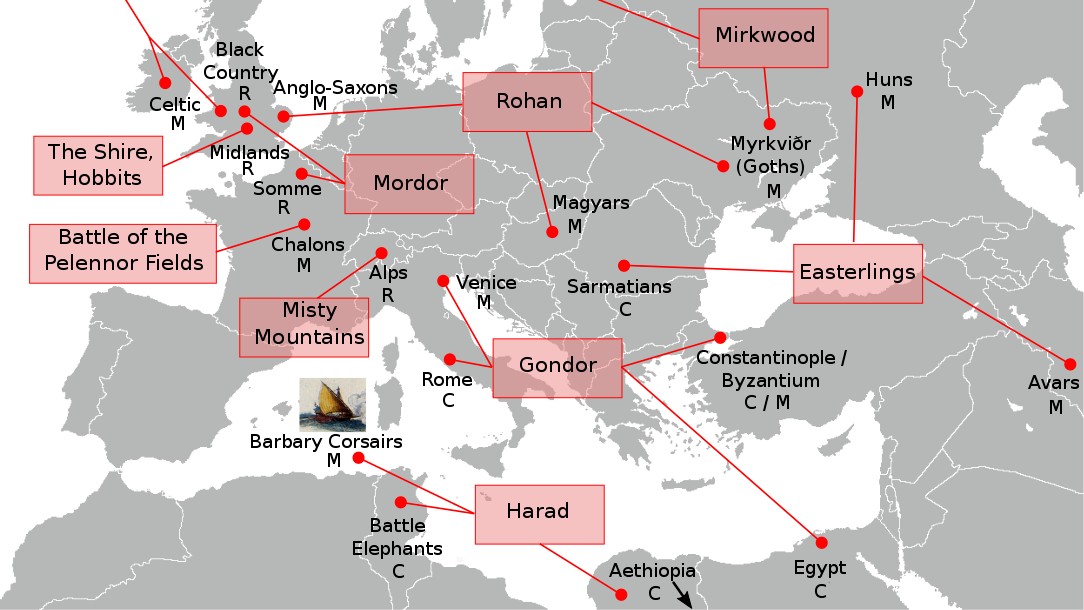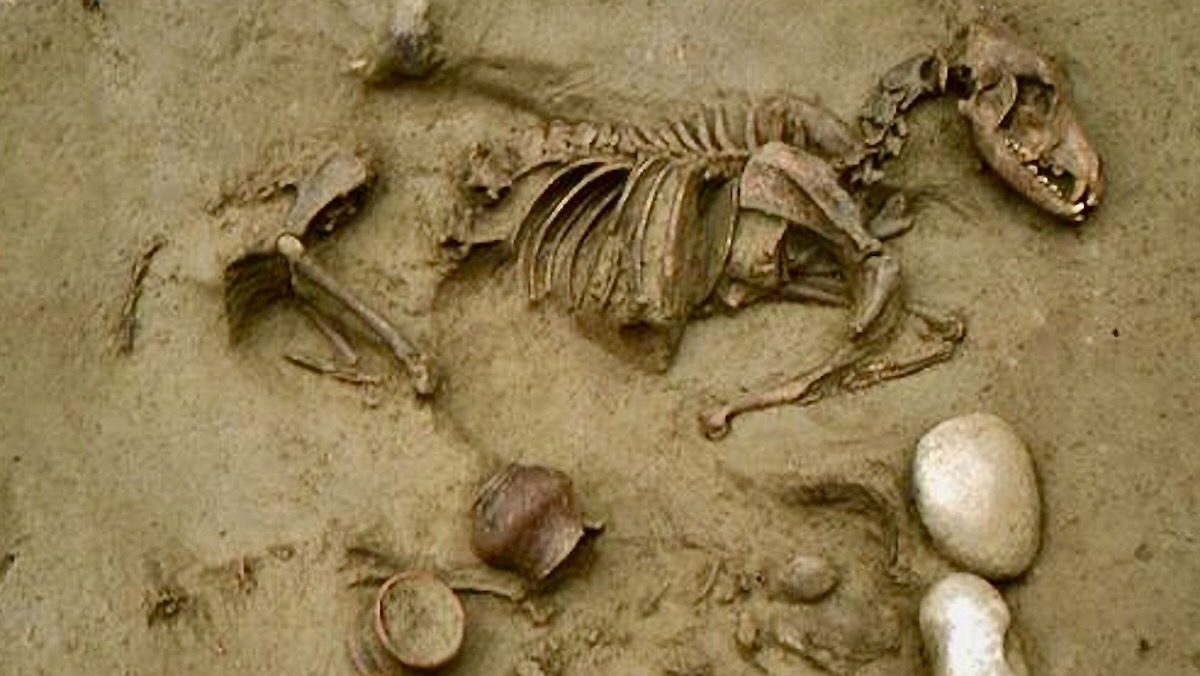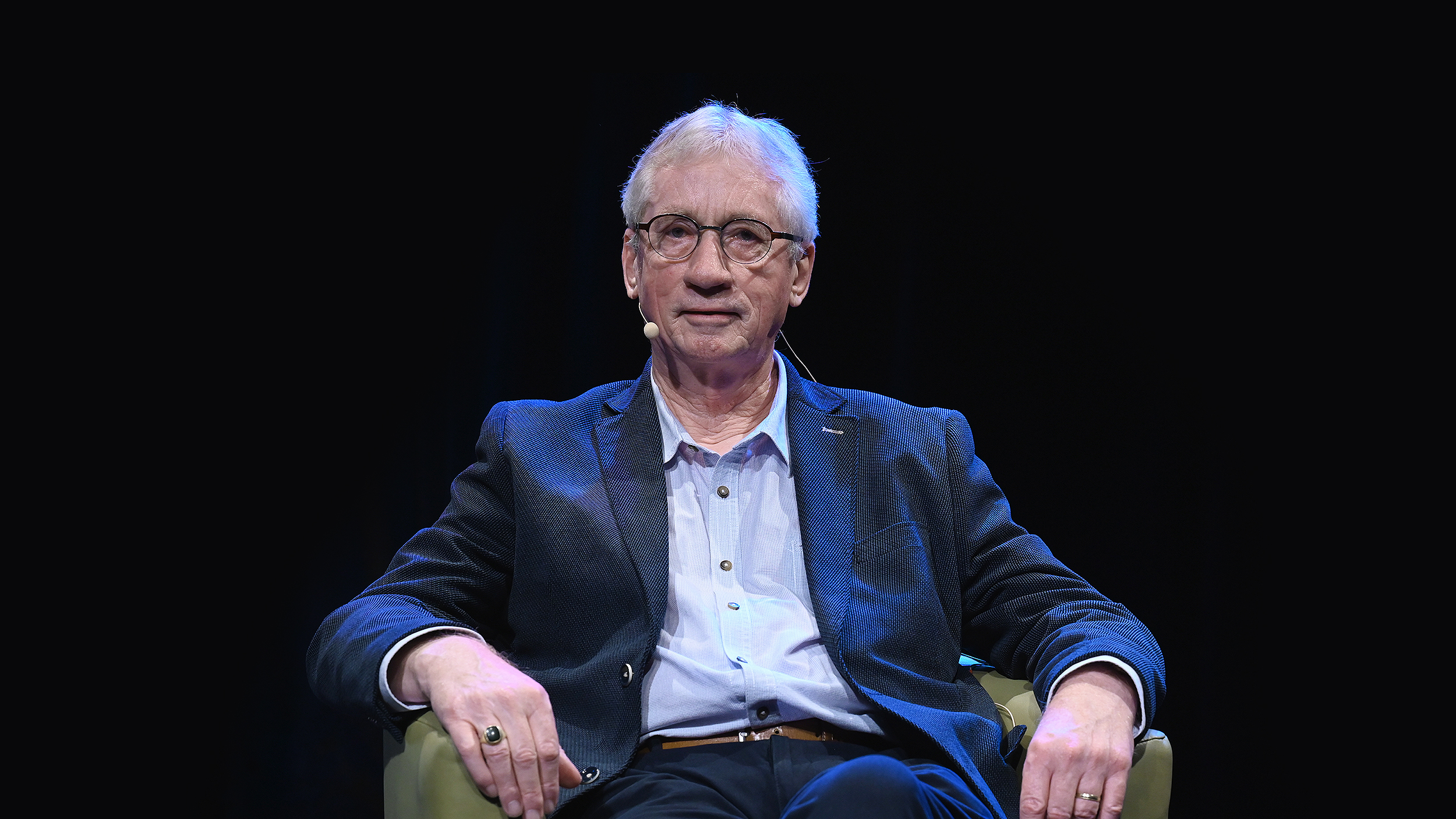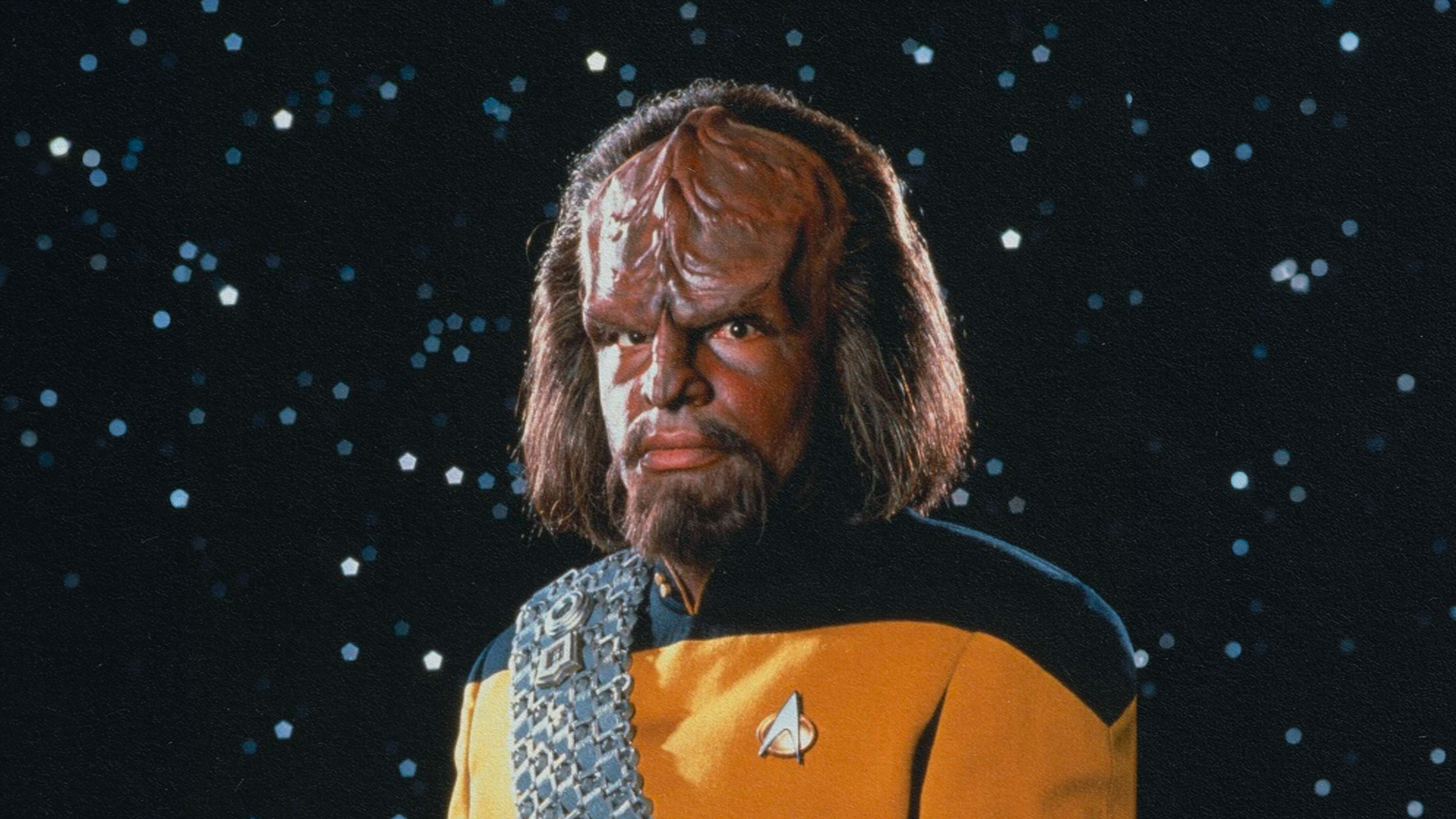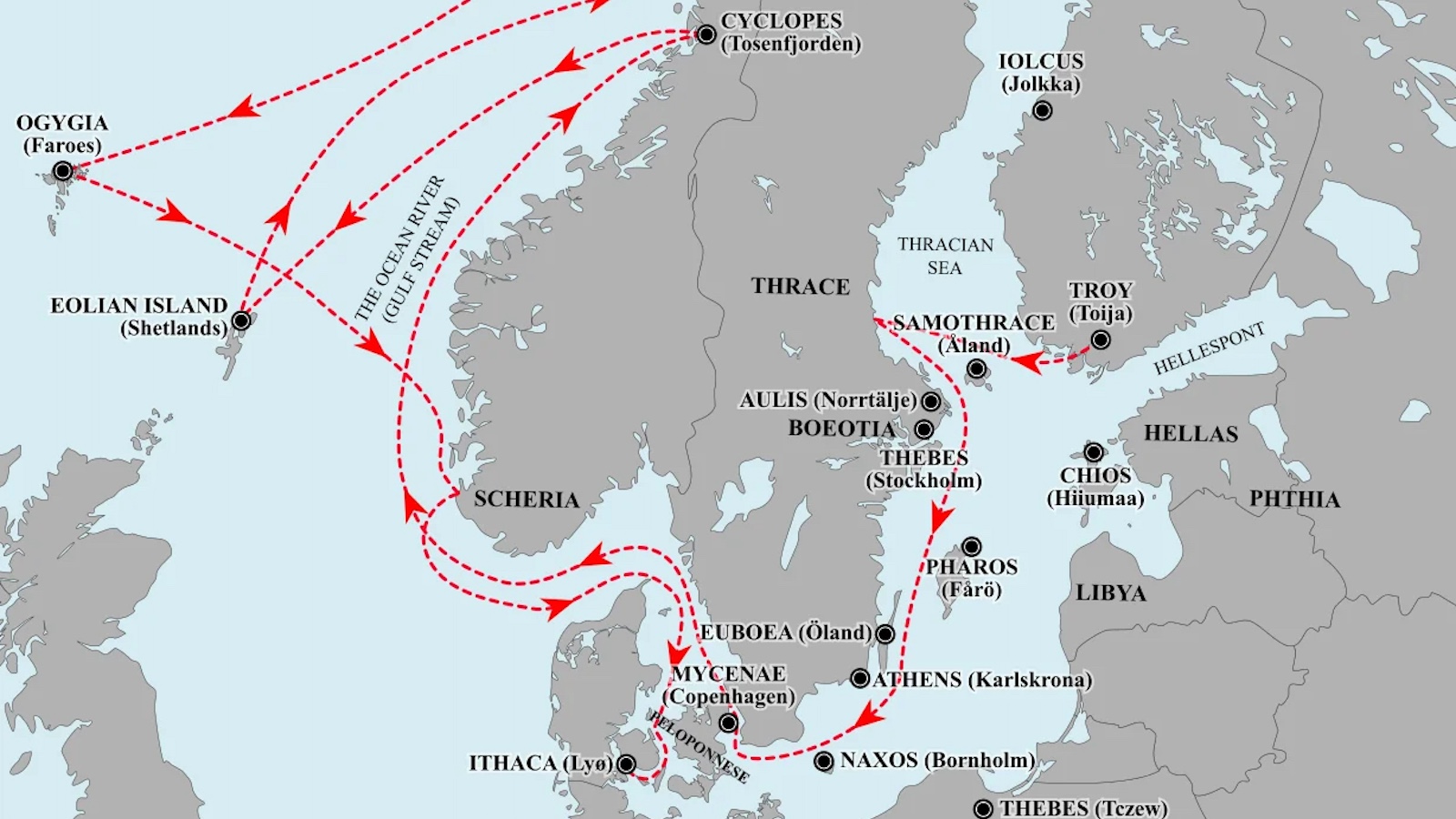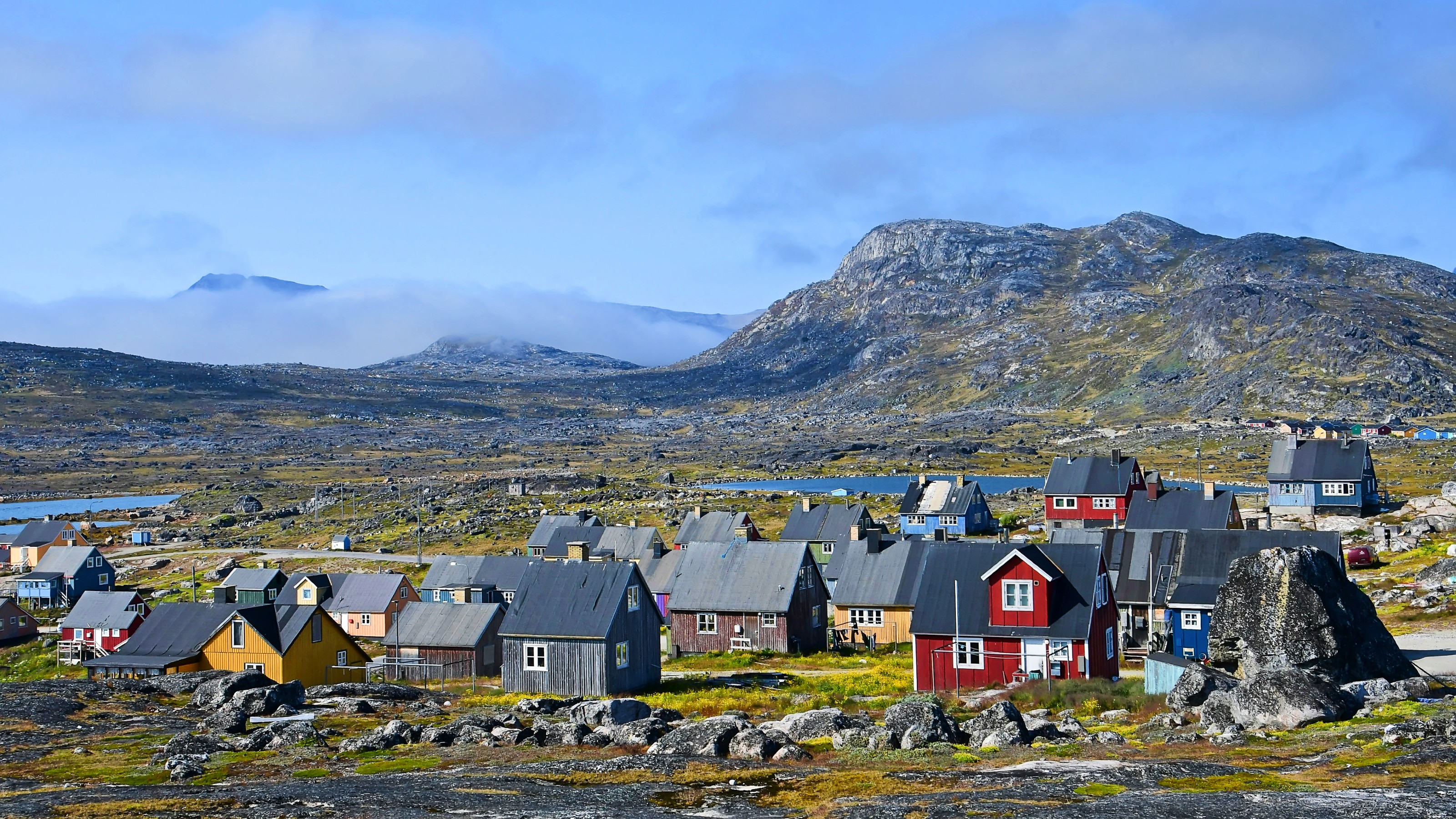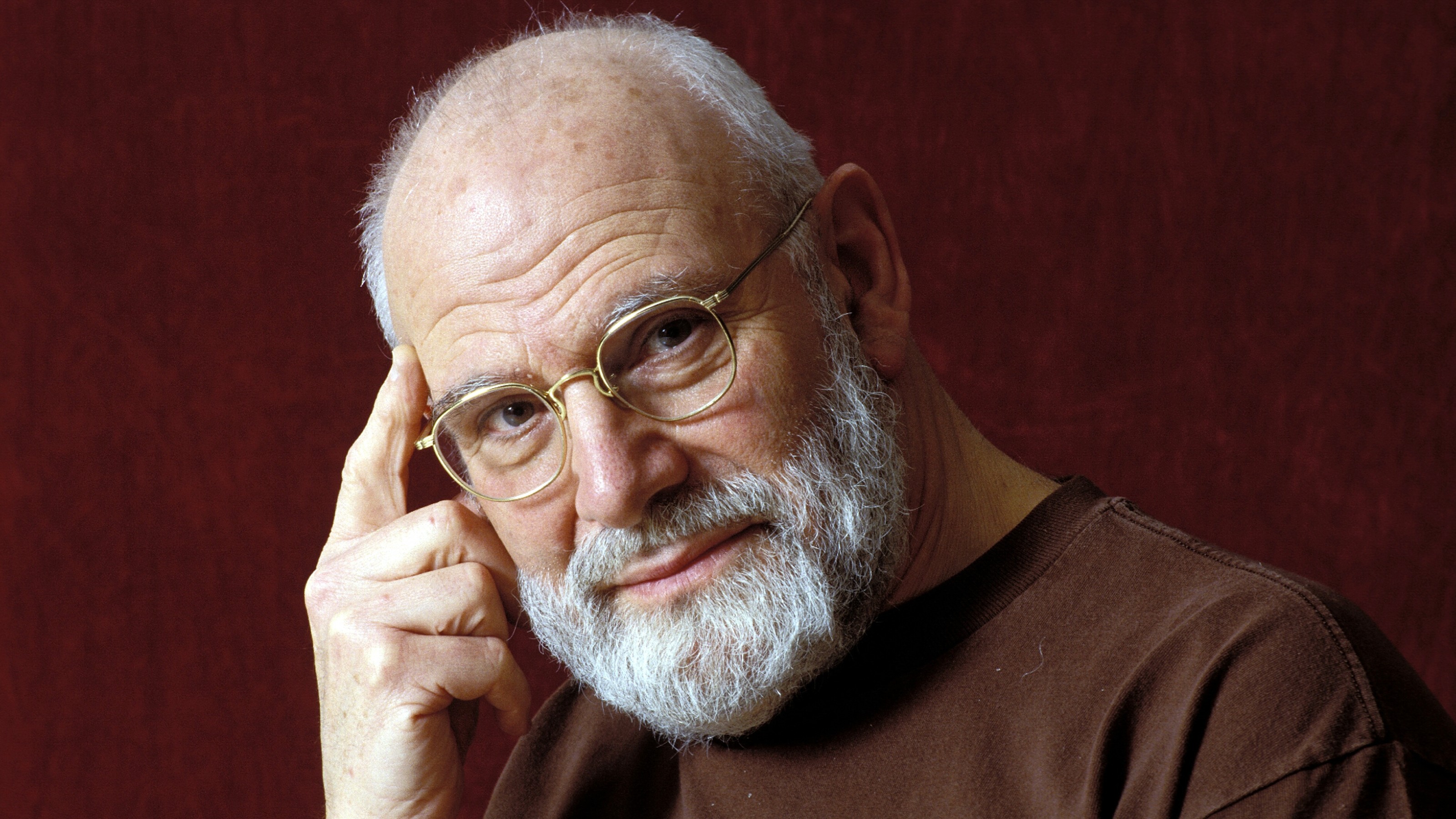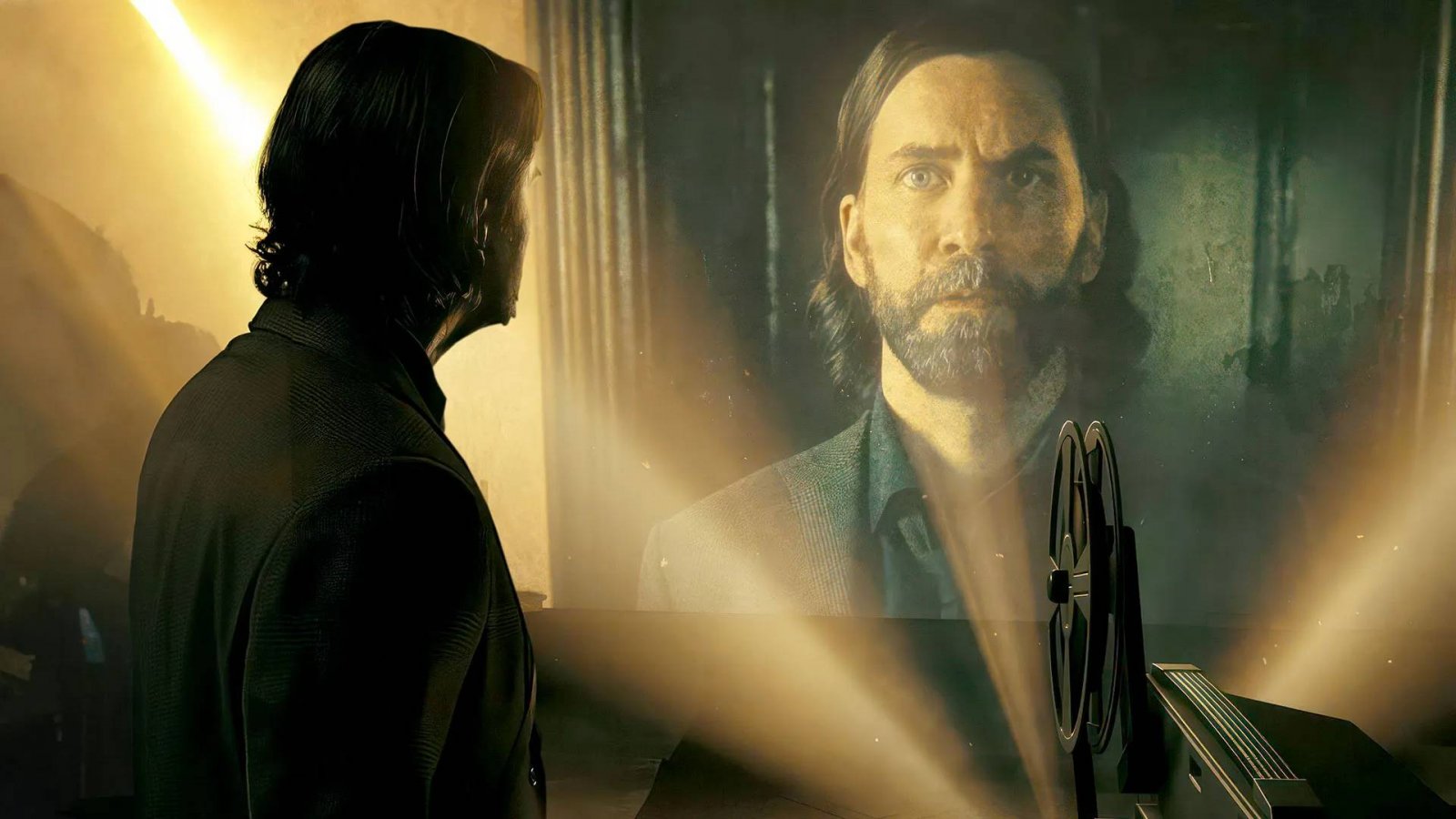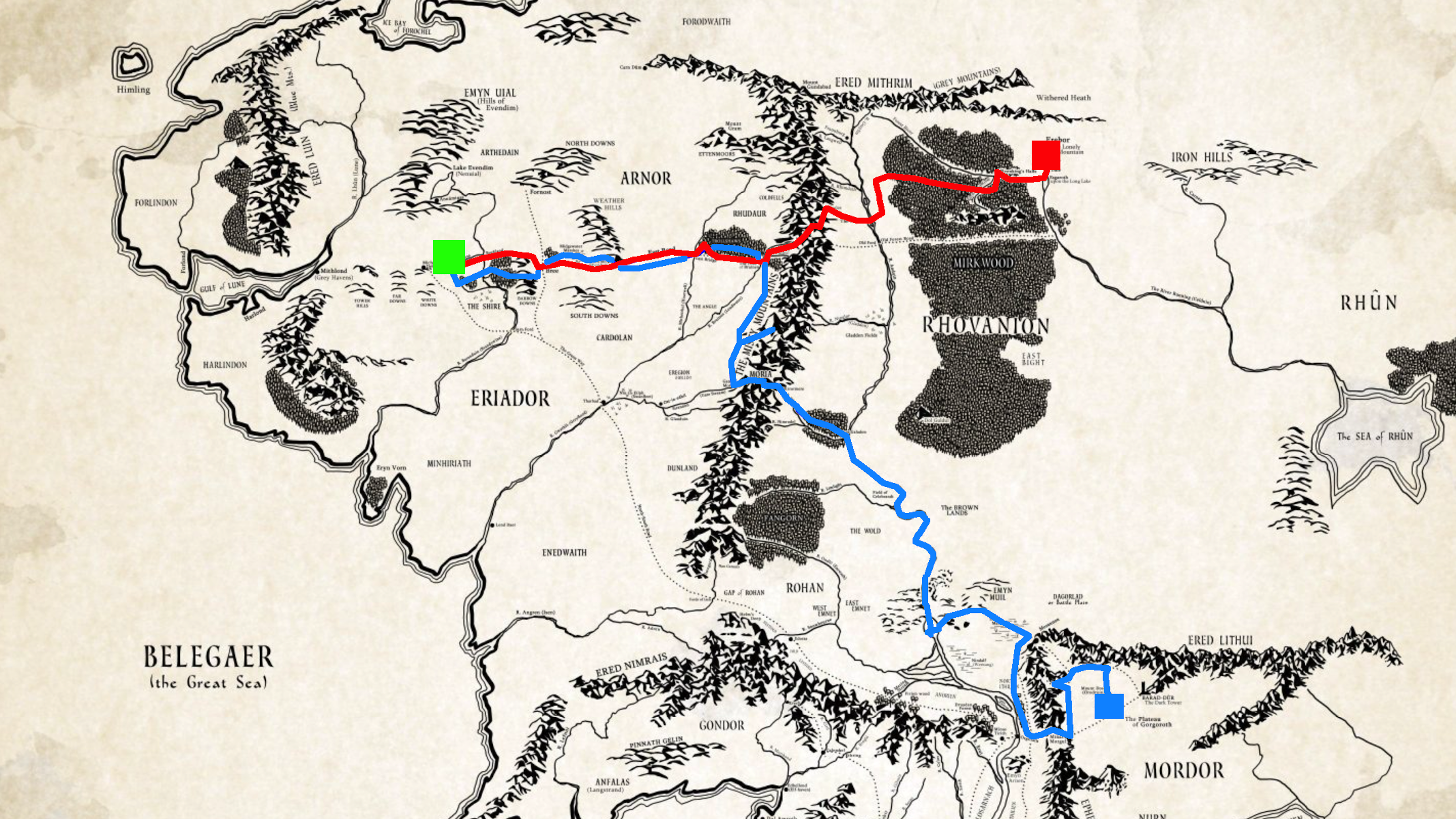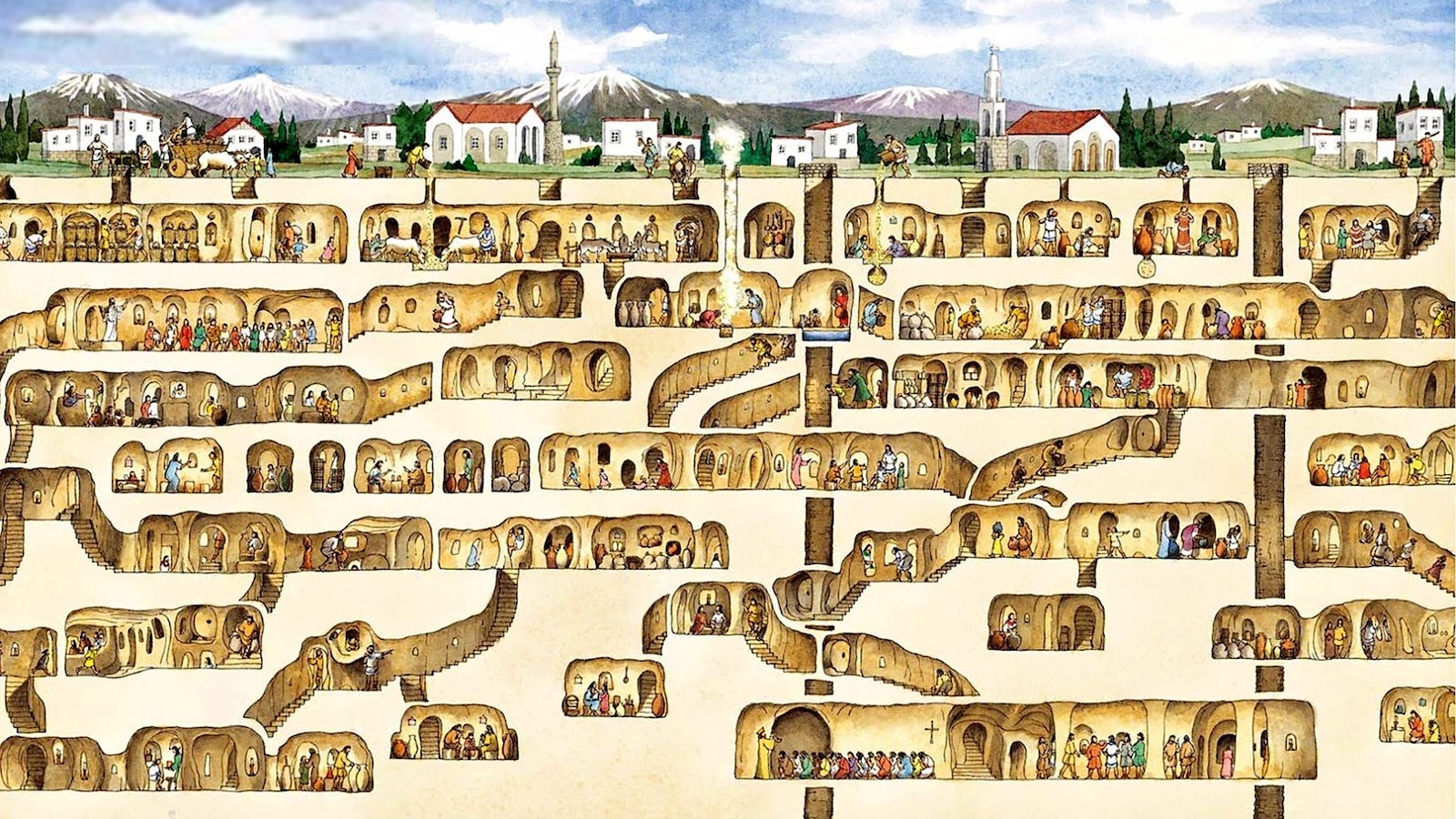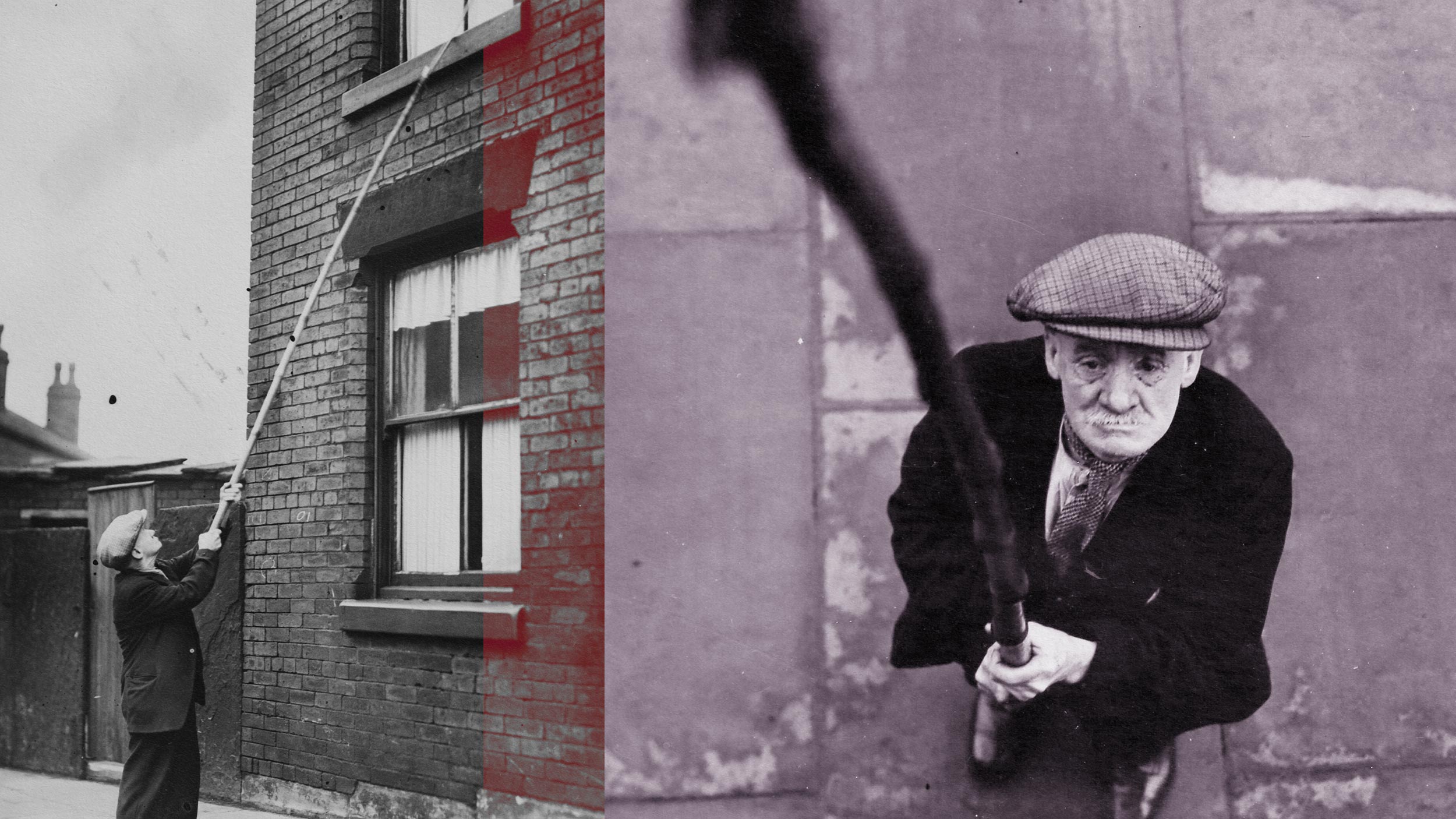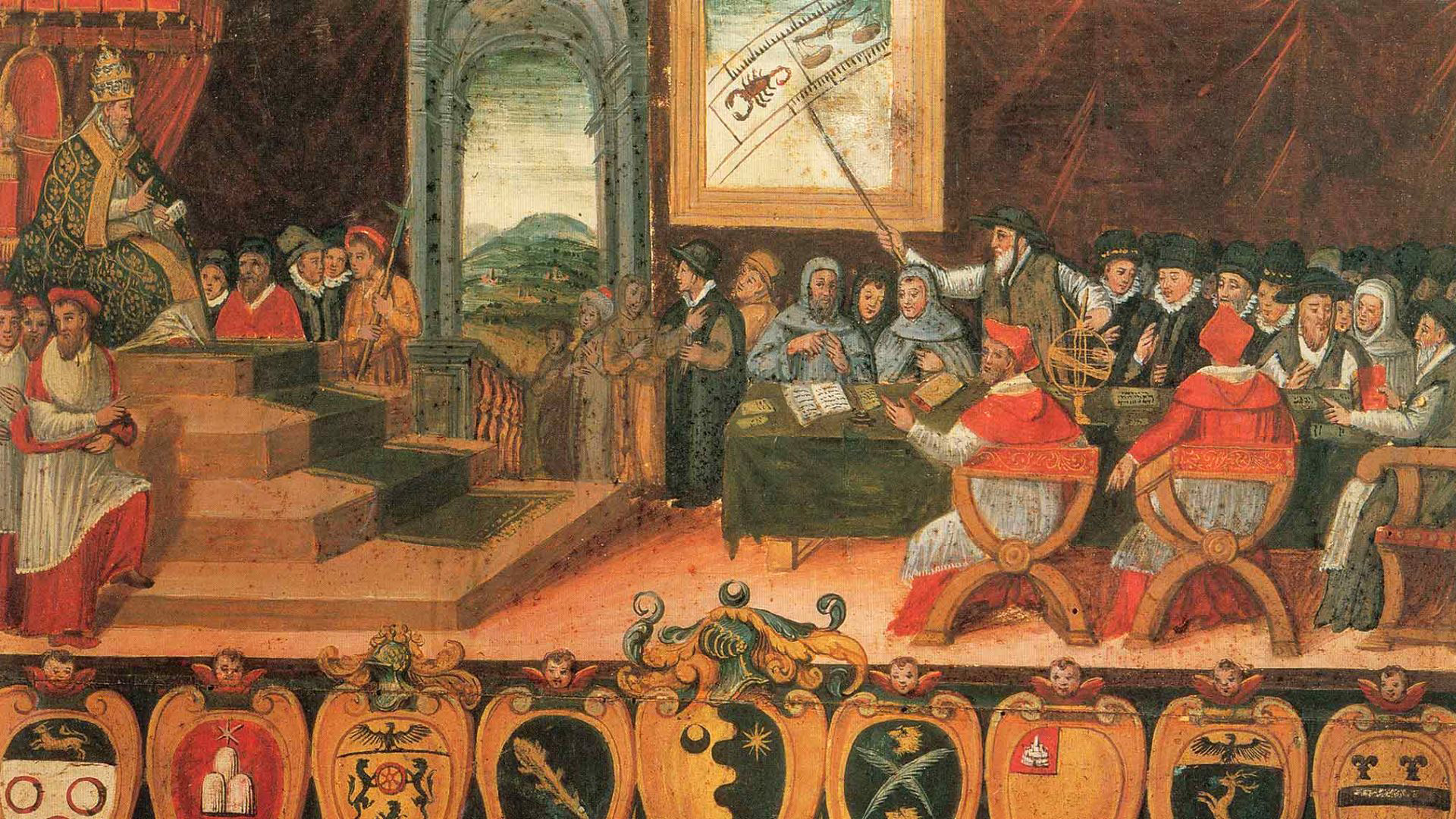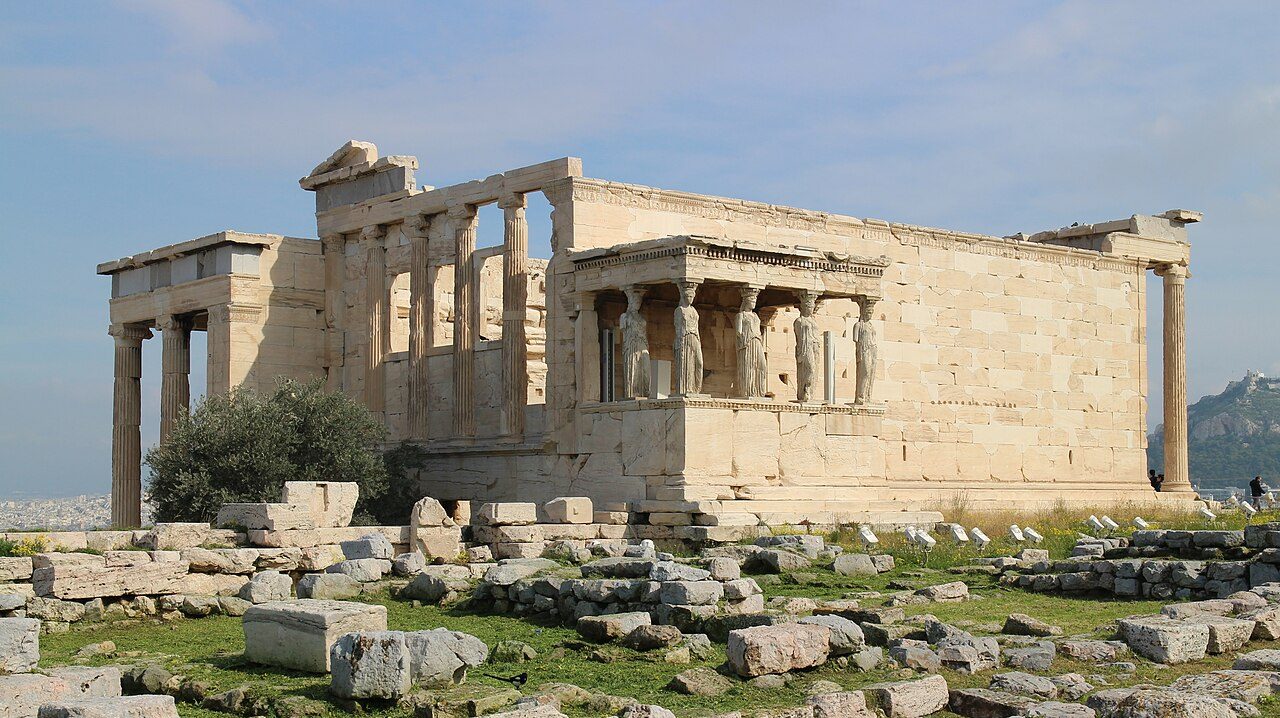culture
“Values emphasizing tolerance and self-expression have diverged most sharply, especially between high-income Western countries and the rest of the world.”
The fellowship’s journey through Middle-earth mirrors the modernization of the English countryside.
A human hand has the power to split wooden planks and demolish concrete blocks. A trio of physicists investigated why this feat doesn’t shatter our bones.
Although social paranoia is more common than clinical paranoia, studies suggests that American society isn’t any more conspiratorial than it has been in the past.
A poignant, 2,000-year-old burial in northern Italy could be the latest evidence of an ancient friendship.
Six visionary science fiction authors on the social impact of their work.
“Dune: Part One” screenwriter Eric Roth spoke with Big Think about the challenges of bringing Frank Herbert’s sci-fi epic to the big screen.
Google’s “Genie” could be used to create a wide range of interactive environments for more than just games.
Dennis Klatt developed trailblazing text-to-speech systems before losing his own voice to cancer.
Perrikaryal uses an EEG to translate her brain activity into beating bosses in “Elden Ring” and beyond.
His career helped define humanity’s place in the world by bringing us “a little closer” to our ape relatives.
The truth may be out there — but it’s not in these close encounters of the third kind.
NuqneH! Saluton! A linguistic anthropologist (and creator of the Kryptonian language, among others) studies the people who invent new tongues.
The secret sauce of humor is incongruity. AI knows this as well as we do.
The Trojan War was fought in Finland and Ulysses sailed home to Denmark, says one controversial theory.
After listening to the same playlist, people from the United Kingdom, the United States, and China reported feeling nearly identical bodily sensations.
Some of the world’s most satisfied societies are poor, small, and remote.
Big Think spoke with animator and animation historian Tom Sito about the cyclical evolution of animation.
Do grim sci-fi scenarios crush our hopes for real-world growth? Author Michael Harris looks elsewhere to unblock the road to a better future.
The Uros of Lake Titicaca live on floating islands made from reeds. How did they get there?
In “Dear Oliver,” neuroscientist Susan Barry describes how her 10-year correspondence with Oliver Sacks unleashed her inner author.
Big Think columnist Adam Frank makes the case for why the 2023 video game Alan Wake 2 is a boundary-pushing piece of art.
Napoleon Bonaparte was a man of many faces. European historian Michael Broers explains which are featured on the silver screen and why.
Fantasy, meet statistics: The census comes to Middle-earth!
A basement renovation project led to the archaeological discovery of a lifetime: the Derinkuyu Underground City, which housed 20,000 people.
Meet the people paid to rouse the workers of industrial Britain.
A sober look at a wild conspiracy theory that argues the Middle Ages never happened.
With great power comes retcon responsibility.
The Parthenon embodies the ideals of perfection Classical Greeks sought from architecture. The neighboring Erechtheion offers something else.
Today, the F-word is enjoying a renaissance the likes of which it hasn’t seen since, well, the Renaissance.

